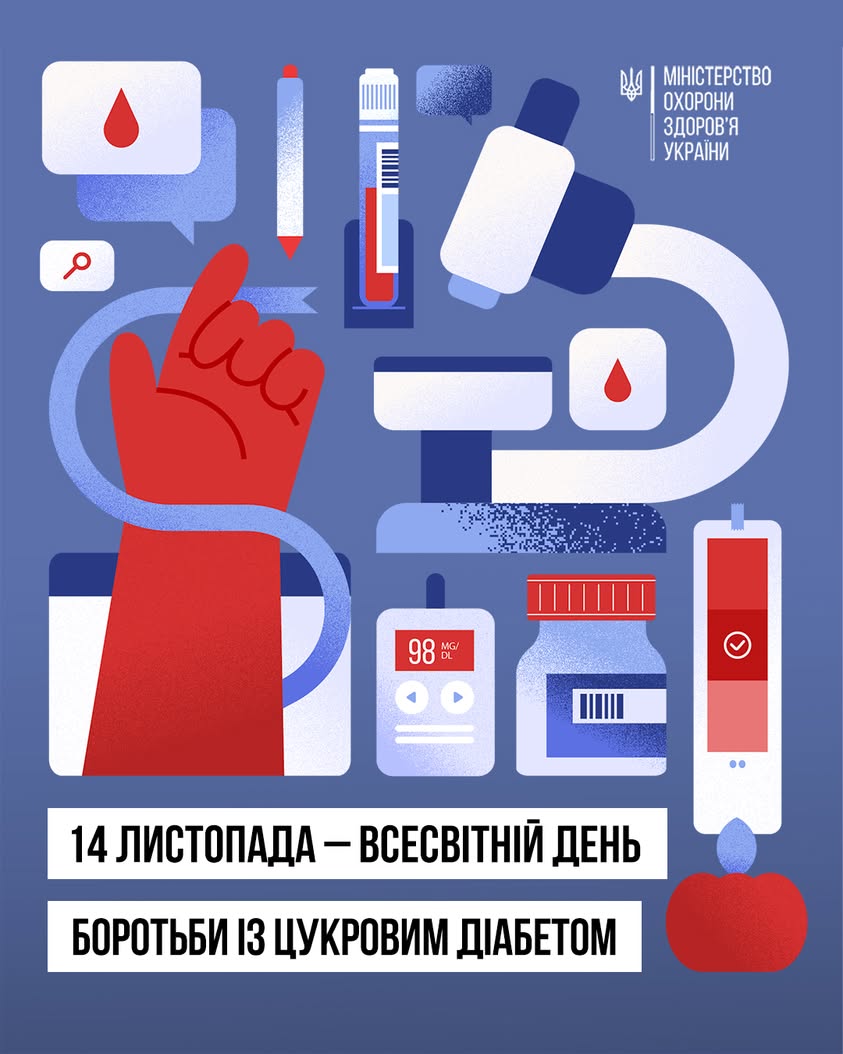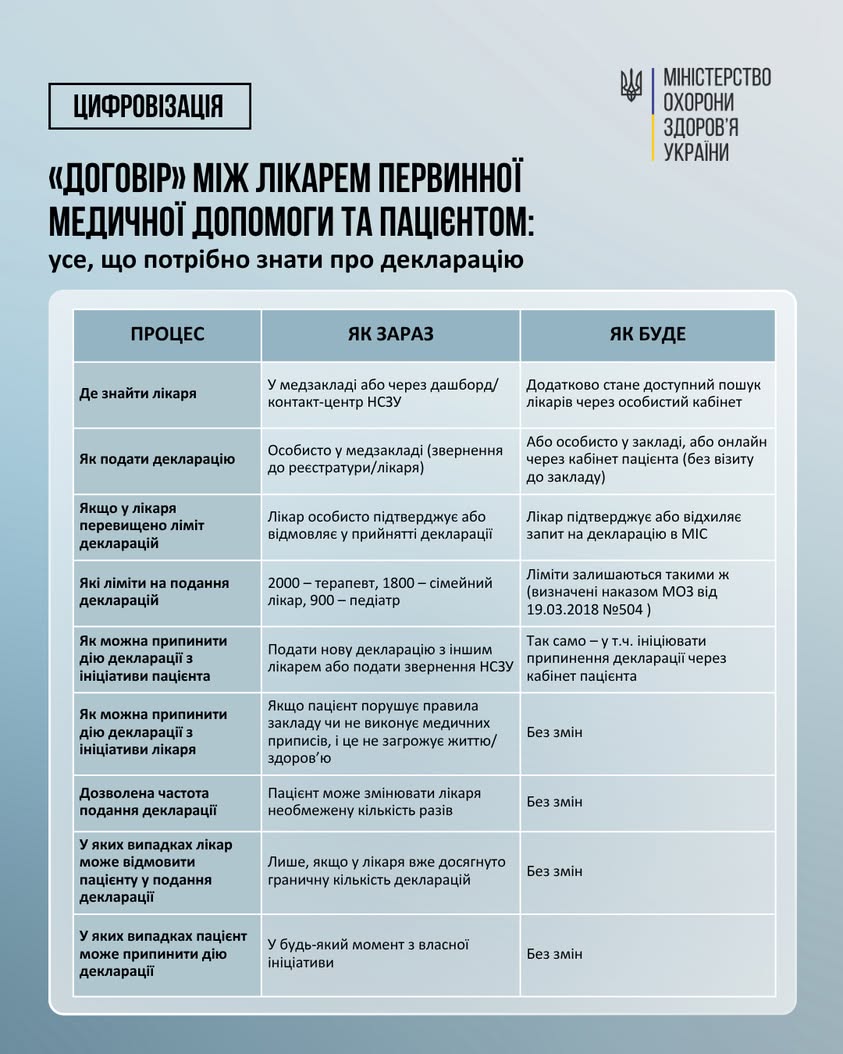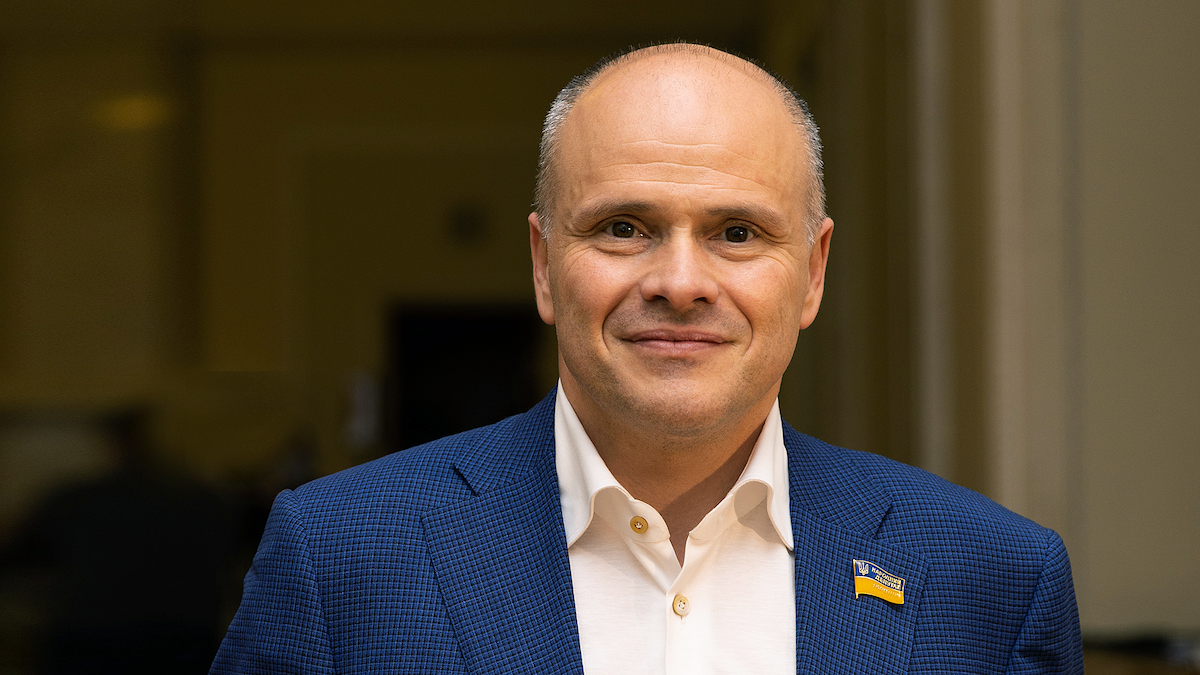Ukrainian scientists created sperm from bone marrow cells: a revolution in infertility treatment.


New breakthrough in reproductive medicine
Ukrainian scientists have for the first Time obtained human sperm from stem cells of bone marrow. This was reported by Yuriy Lesnyak, head of the embryology and biotechnology department at I.D. Clinic.
'Together, our scientific team on November 18, 2023, obtained human sperm from mesenchymal stem cells of bone marrow for the first time. These cells were isolated using a protocol specially developed by us,' said Lesnyak.
According to Lesnyak, the procedure involved stimulating the formation of mesenchymal bone marrow cells in the blood of patients, after which they were processed in the laboratory. Based on these cells, sperm were created using patented technologies.
'These sperm were used for fertilizing human egg cells, resulting in the creation of embryos. We reported this achievement of the Ukrainian team led by Islam Mukhametovich Aldabasek at the International Congress on Reproductive Medicine in May 2024,' explained Lesnyak.
The new method is currently undergoing trials and is being prepared for clinical studies to be implemented in the treatment of male infertility. Since the beginning of 2025, the assisted reproductive technologies (ART) program has been utilized by over 3000 families, of which 800 women have already become pregnant.
Obtaining sperm from stem cells of bone marrow opens new possibilities for the treatment of male infertility, ensuring successful fertilization of egg cells and contributing to the advancement of reproductive medicine.
This breakthrough has the potential to significantly improve the chances of parenthood for men facing reproductive challenges. The development of new treatment methods may lead to increased success rates of assisted reproductive technologies in Ukraine and contribute to the development of medical practice in this field.
Read also
- Veterans Need Support: How to Help Soldiers Return to Life
- Diabetes in Ukraine: new national screening for people 40+ starting in 2026
- Electronic Internship: How Young Doctors Choose Their Workplace
- Declaration with the doctor: what to do if it was terminated without your knowledge
- Scientists Create Universal Cells to Fight Cancer: What This Will Change
- Ukrainian hospitals ban donations: What the draft law provides









